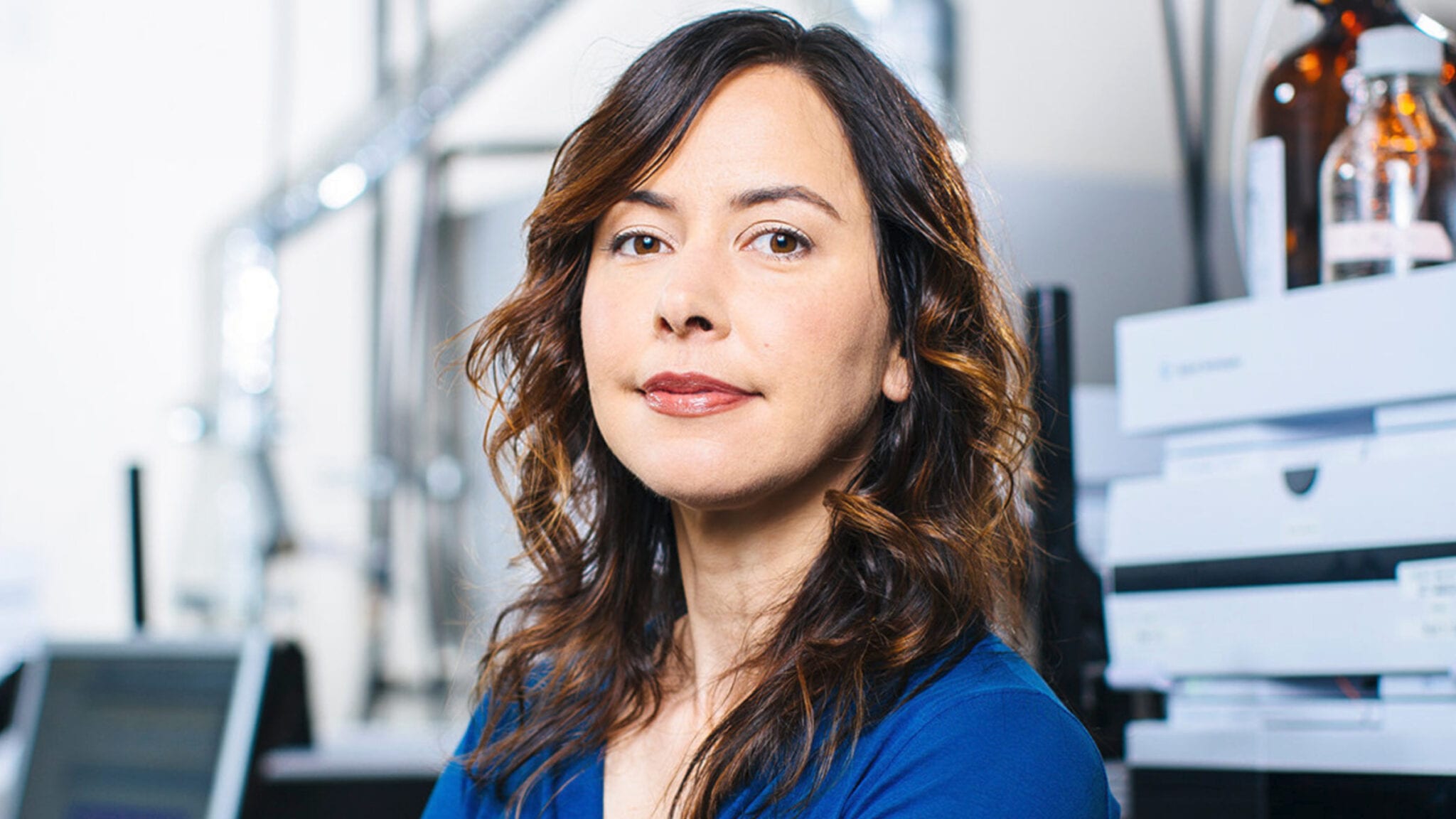
Christina Smolke, Antheia CEO
Out to revamp plant-based drug manufacturing, Antheia locks in partnership with synthetic biology giant Ginkgo
With supply chain shortages at the forefront of nearly every business in the world right now, whether it be chicken wings or CAR-T cell therapy …
Sign up to read this article for free.
Get free access to a limited number of articles, plus choose newsletters to get straight to your inbox.